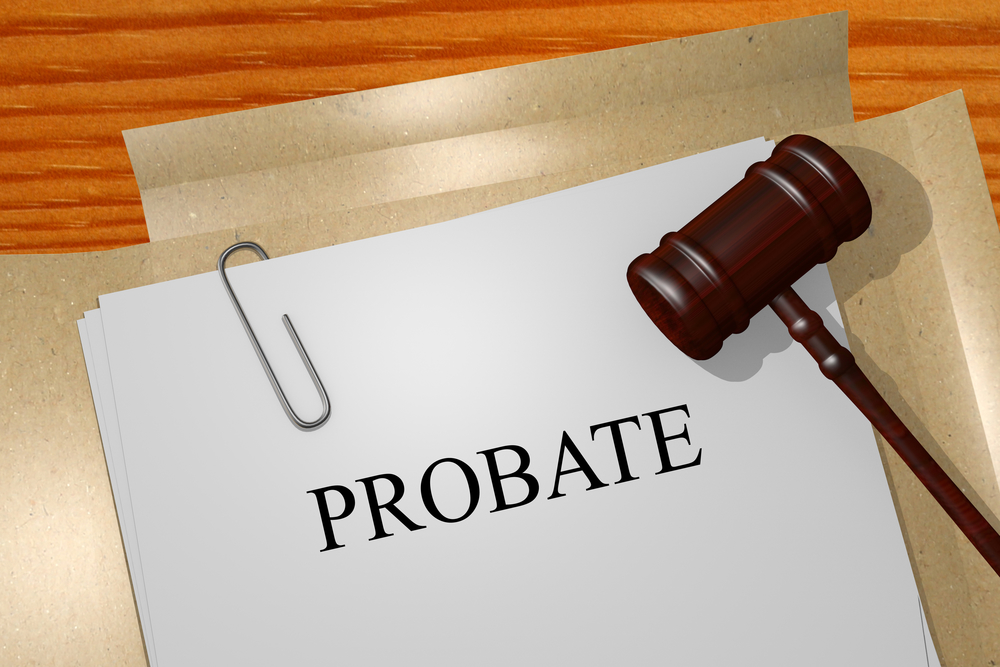Selecting your primary and alternate beneficiaries is the first step to determining who will receive your property when you pass away. Outside of your will and trust, certain property passes directly through beneficiary designation forms, such as the proceeds from your life insurance policy and your brokerage accounts. Many people are not familiar with the concept of residuary beneficiaries.

Residuary beneficiaries should be named in your living trust and your will. A residuary beneficiary is a person who receives all property left under a document that is not received by anyone else, either because the person named did not survive to inherit it, or because no beneficiary was named for that property.
The residuary beneficiary can be thought of as like a backup, so it is one way to ensure that your property goes to someone you choose rather than someone the court chooses. The residuary beneficiary you name in a living trust will only get any trust property that is not specifically designated for other beneficiaries. Inside a will, your residuary beneficiary will get all of the property that is not left to another person or entity through any other method.
The residuary beneficiary does not have to be sought out as only a backup, however. Certain people leave all of their property to a residuary beneficiary and others will leave most to the residuary, naming specific gifts for a few primary beneficiaries. It is always good to have an alternate residuary beneficiary after you name the first person in the event that he or she is unable to accept this property due to passing away.



















